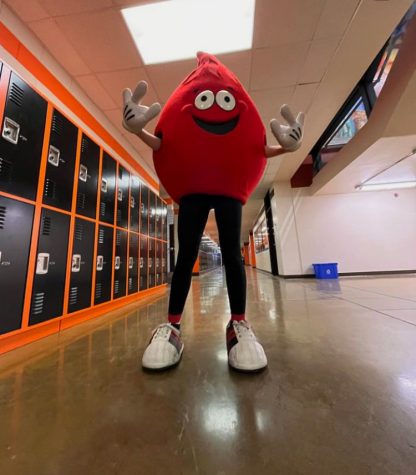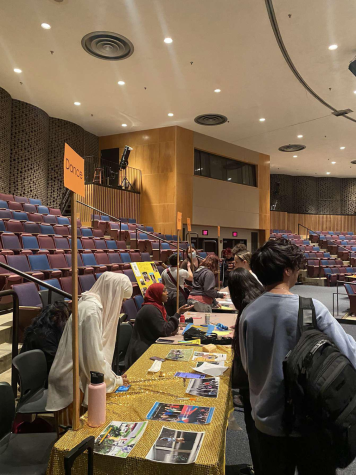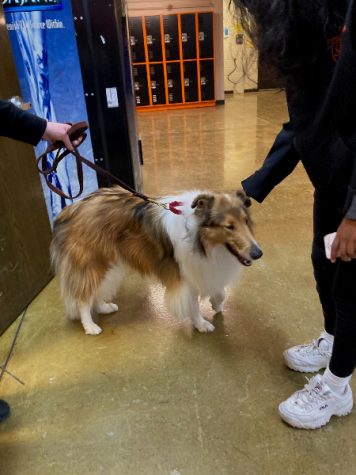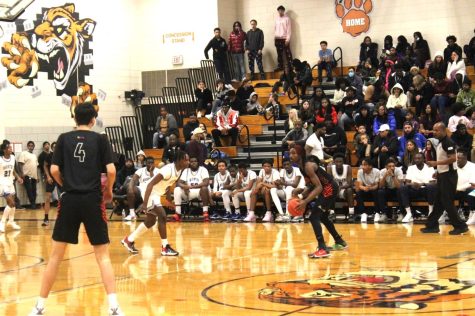SRC Lets Students Be Open With Each Other
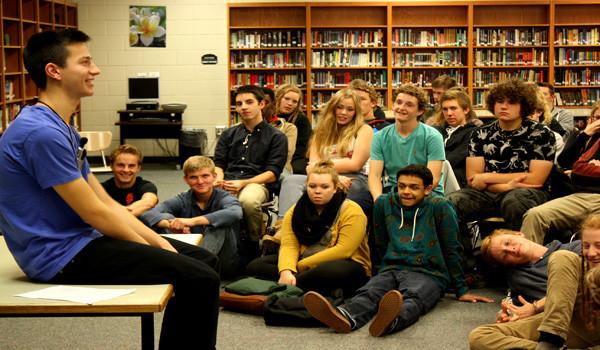
Zack Tufvesson presenting at a recent SRC meeting. The environment that has contributed to the program’s success balances having as many audience members as possible, while maintaining an intimacy between the audience and the speaker
October 30, 2013
In most high schools, students speaking to a crowd of peers about their mental illnesses and problem’s would be unimaginable. Yet lately, many students at South have volunteered to do just that at South’s Silver Ribbon Campaign.
Silver Ribbon Campaign (SRC) is a program that is dedicated to spreading awareness about mental illness. Last year, students started to volunteer to speak at SRC. This past quarter, SRC has consisted of only student speakers.
“People feel more comfortable [with a student speaker]”, explained Junior Lisetta Horn, one of the nine SRC leaders, “it’s basically a way to make other people feel okay.”
Having students present at SRC began last year when two students approached SRC facilitator, Eva Neubeck. Student volunteers explained that they wanted to share their stories.
“I never would have dreamed that students would’ve felt so safe and comfortable,” recalled Neubeck, “I think that every time a student presents it gives another student interest and courage to share.”
By the end of last year, three more students approached Neubeck and asked to be a speaker.
“An environment has been created at SRC that makes it easy for students to talk about [their mental illnesses],” explained Junior Clara Wildenauer, a student leader of SRC.
The environment that has contributed to the program’s success balances having as many audience members as possible, while maintaining an intimacy between the audience and the speaker. This balance benefits everyone involved by allowing the audience to have a direct relationship with the speaker and ask questions to further their understanding.
“The speakers say that it’s freeing, that it is a part of their healing,” elaborated Neubeck, “Their friends can look back and say, ‘wow he was this way or that way and now I understand why.’




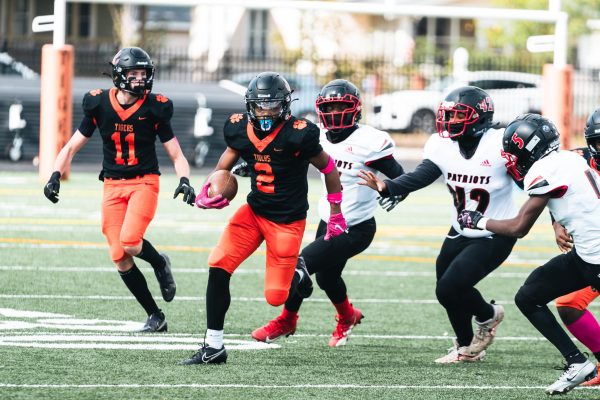
![A power outage on Friday May 12 before the start of the school day led many students to leave the building and miss parts of first, second and third hour. “[Staff at the front door] said the power might be on at 11, so [we should] come back to school at 11,” recalled freshman Riley Olson. “A lot of people went back home.” However, Principal Afolabi Runsewe claimed and maintains that students were told to stay in the commons and were never given the option to leave school.](https://www.shsoutherner.net/wp-content/uploads/2023/06/power-outage-475x356.png)

